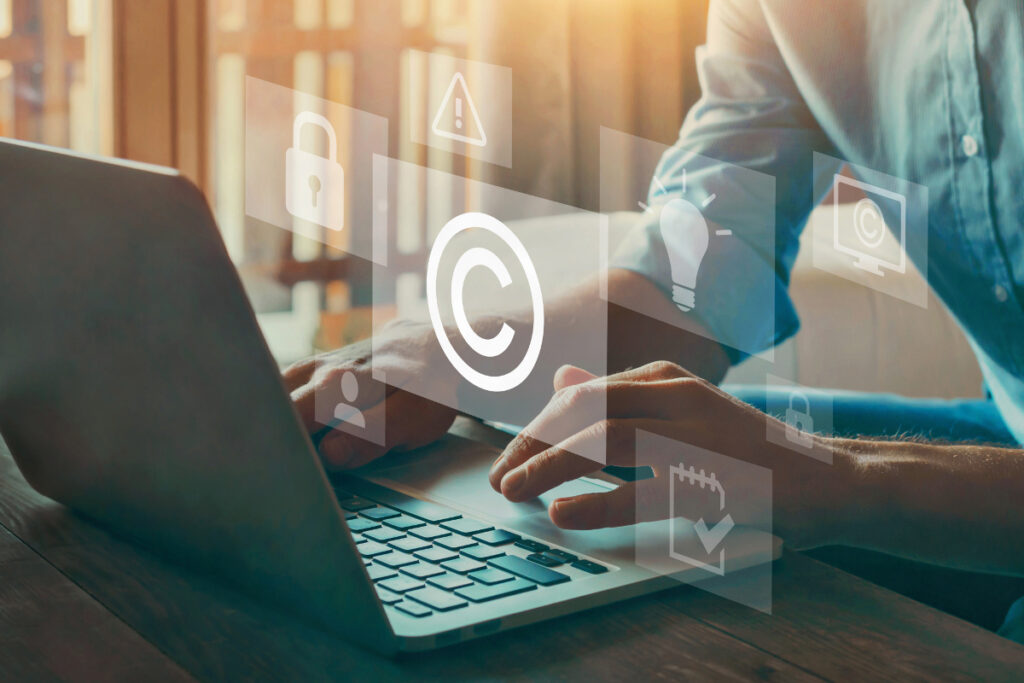A recent legal battle between The New York Times and tech giants OpenAI and Microsoft has escalated into a lawsuit over alleged copyright infringement. The Times has accused OpenAI of using its content without permission to train the widely popular chatbot, ChatGPT.
Previously, negotiations between the legal teams of OpenAI and The New York Times grew tense, culminating in legal threats from the newspaper regarding the unauthorized use of their articles to generate responses from ChatGPT. This resulted in the Times pursuing legal action against both OpenAI and its major backer, Microsoft.
Fair Use or Copyright Infringement?
The crux of the dispute lies in OpenAI’s assertion that using news articles falls under “fair use,” a legal doctrine permitting certain uses of copyrighted material without explicit permission, especially for research and teaching purposes. However, the Times contends that OpenAI’s replication of its original reporting doesn’t meet the transformative threshold required by fair use.
Lawsuit Seeks Destruction of Data and Billions in Damages
The lawsuit aims not only to hold OpenAI and Microsoft accountable for alleged unlawful copying but also seeks substantial damages amounting to billions of dollars. Additionally, The New York Times’ legal team is pushing for the destruction of extensive language model datasets, including ChatGPT, reliant on the publication’s copyrighted works.
AI vs. Digital Publishing Industry
This legal confrontation signifies a broader concern within the digital publishing industry regarding AI’s use of copyrighted material. Media entities, wary of repeating past experiences where tech companies benefited disproportionately from online traffic, are determined not to fall into similar patterns with AI-generated content.
Training AI with Copyrighted Works
The Times’ legal action against OpenAI stands as a pivotal moment in clarifying whether AI companies have violated intellectual property laws by training their models with copyrighted materials. OpenAI had previously attempted to navigate these issues by securing licensing agreements with other publishers but faces a growing number of legal challenges from individuals and groups claiming copyright infringement.
Inaccuracies and Reputation
Furthermore, the lawsuit highlights concerns about ChatGPT’s propensity to produce misleading information, referred to as “hallucinations.” These inaccuracies, when incorporated into search engine results, could potentially mislead users seeking information from reputable sources like The New York Times.
Ultimately, this legal confrontation between The New York Times and OpenAI could set precedent and significantly impact how AI models are trained using copyrighted material, shaping the future of AI-generated content and its relationship with established media entities.

